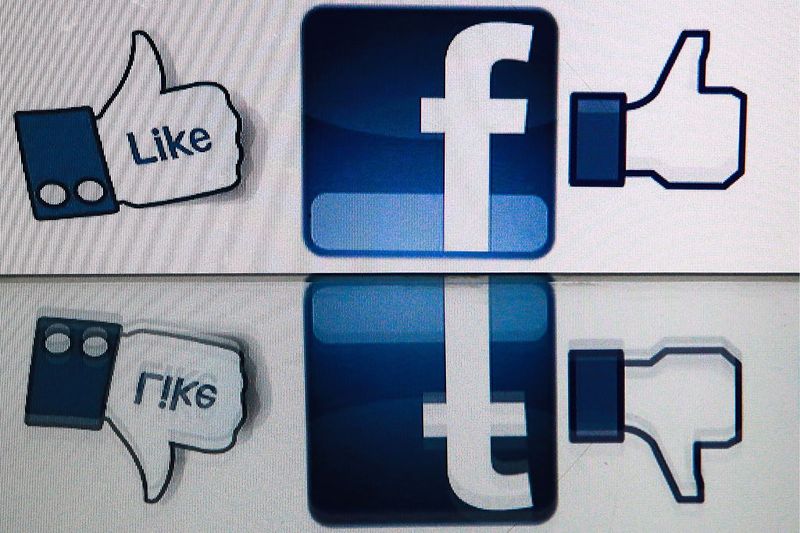This has been the year of Facebook. Its stock price has increased by around 50 percent as it continues to assert its dominance in user activity and digital ad revenue. It undercut one of the companies trying to catch up with it, Snap, by adding a similar feature, Stories, to its increasingly dominant Instagram service. And scrutiny surrounding its role in the 2016 presidential election continues to grow, as politicians seek more information about Russia’s involvement on Facebook in the weeks and months leading up to last November.
How should Facebook respond to its moment? To think about where the company might go from here, consider the history of television and how its identity evolved with the culture.
As a news medium, television came of age in the 1960s. If the 2016 was the first “Facebook election,” 1960 might have been the first television election, with the aesthetic contrast between John F. Kennedy and Richard Nixon helping to put Kennedy in the White House. Asked about the influence of television on politics in the early 1960s, someone might have said that it made our leaders look better and strengthened our institutions. The period from Kennedy’s inauguration to his assassination might have been the high point for American institutions.
But those were early days for television as a news medium, and as institutional trust began to wane, television adapted. Video footage of the Vietnam War and protests back at home shocked Americans and helped create some of the cultural divisions in the country that persist to this day. The investigative journalism show “60 Minutes” debuted in 1968, and its formative years were during the tumultuous Nixon administration. In his book, “How We Got Here: The 70’s: The Decade That Brought You Modern Life,” David Frum noted that television was the only American institution to show a rise in confidence during this period, garnering credibility by attacking the credibility of everyone else. The cultural roots of Jon Stewart’s “Daily Show,” which mocked American leaders during the 2000s, or the “takedown journalism” of the present day’s “Last Week Tonight With John Oliver,” were formed decades ago.
Facebook is coming of age in a much different environment. Institutional trust is at a nadir. That’s presumably one reason that Facebook calls itself a technology company or a “platform,” rather than a news company. The problem with that “platform” claim comes when groups beyond the pale, like white supremacists, use the medium for hate, or when nefarious foreign governments use it in an attempt to sway American elections. A recent study of college undergraduates showed that only 29 percent believe Facebook has a positive impact on political discourse, compared to 57 percent who believe it has a negative impact.
Ultimately, if Facebook wants to be more influential and more valuable, it has to be a platform that garners the trust of its users and advertisers. It can’t be seen as being a den for hate groups and scam artists. It’s slowly making moves in this direction, trying to help users see where content comes from in order to build trust on the platform.
Strengthening institutions is impossible without a concerted effort from the public, voters, politicians and news mediums. Television’s ratings are in decline, and Facebook’s influence continues to grow. Its legacy does not have to be fake news and Russian influence. But those will be dominant themes unless Facebook takes control of its platform and earns the trust of the public.
(Bloomberg)
